All day, every day, your lungs work, often without you thinking about it. On this page, The British Lung Foundation explain what your lungs are made of, how they work and the muscles you use to breathe. How often you breathe in and out every minute depends on your age and what you’re doing. If you’re resting, an adult will breathe around 12-20 times a minute – that adds up to around 17,000 – 30,000 times a day! The amount of air that moves in and out of your lungs can vary from just a few litres a minute when you’re resting, to over 100 litres a minute if you’re exercising vigorously.
The lungs absorb oxygen from the air you breathe in and transfer it into your bloodstream so that it can get to every part of your body. As the cells in your body work, they produce a waste gas called carbon dioxide that is released into the bloodstream. Your lungs get rid of this waste gas when you breathe out.




